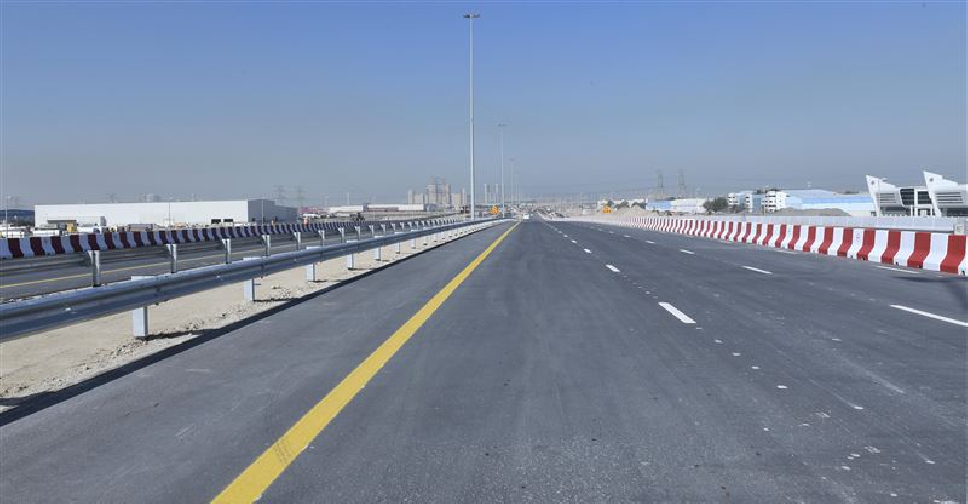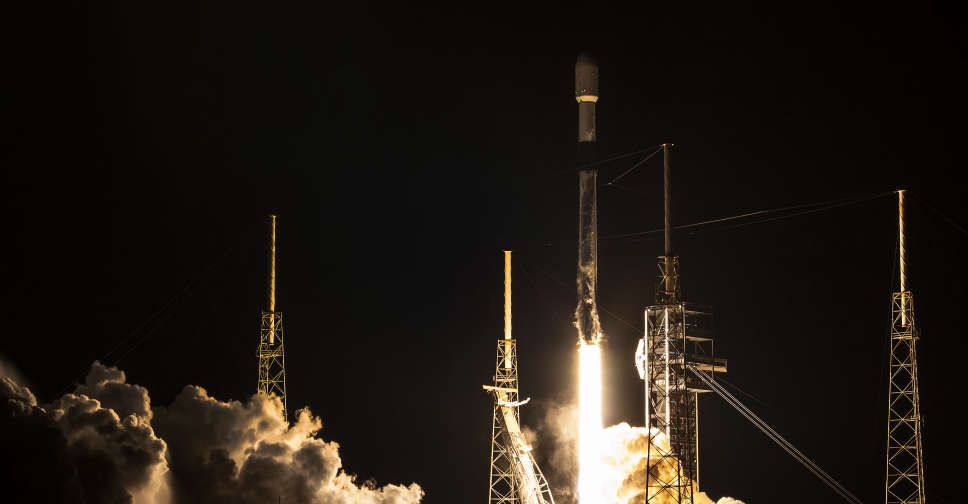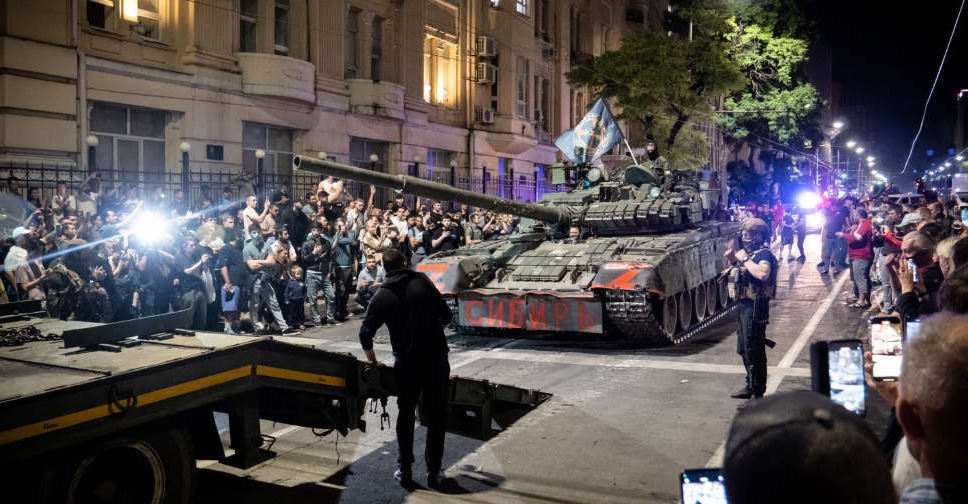
Heavily armed Russian mercenaries withdrew from the southern Russian city of Rostov overnight under a deal that defused an unprecedented challenge to the authority of President Vladimir Putin and halted their rapid advance on Moscow.
Fighters of the Wagner group returned to their bases in return for guarantees for their safety and the leader, Yevgeny Prigozhin, will move to Belarus, according to the agreement mediated by Belarusian President Alexander Lukashenko.
However, the aborted mutiny raises big questions about Putin's grip on a country he has ruled with an iron hand for more than two decades. Italy's foreign minister said it had shattered the "myth" of Russian unity.
Prigozhin, 62, a former Putin ally whose forces have fought the bloodiest battles of the 16-month war in Ukraine, said his decision to advance on Moscow was intended to remove corrupt and incompetent Russian commanders he blames for botching the war.
He was seen leaving the district military headquarters in Rostov - hundreds of miles south of Moscow - late on Saturday in a sport utility vehicle. His whereabouts on Sunday were not immediately clear.
Videos shared on social media from Rostov overnight purportedly showed the mercenaries withdrawing from the city in a convoy of armoured vehicles, tanks and coaches to the sound of cheers, chants of "Wagner" and celebratory gunfire from local residents.
Reuters was able to verify the location of the video but not the date that it was filmed.
The show of support for Wagner's short-lived insurrection will alarm the authorities in a country which has become increasingly intolerant of any public criticism of Putin and his rule.
Moscow was calm on Sunday, with the Red Square closed but otherwise little evidence of increased security in the streets. Monday has been declared a non-working day to allow time for things to settle.
The capital had told residents to stay indoors and deployed soldiers in preparation for the arrival of the mercenaries, who appeared to meet little pushback from the regular armed forces.
Chechen special forces who deployed to the Rostov region to resist the mercenaries' advance were also withdrawing back to where they had been fighting in Ukraine, commander Apty Alaudinov said in a video published on Telegram.
After capturing Rostov - the main rear logistical hub for Russia's invasion of Ukraine - the mercenaries had raced hundreds of miles north in what Prigozhin called a "march for justice", transporting tanks and armoured trucks and smashing through barricades set up to stop them, before the deal to withdraw was reached.
PRIGOZHIN BELARUS EXILE
Under the deal, brokered late on Saturday, Kremlin spokesman Dmitry Peskov said a criminal case opened against Prigozhin for armed mutiny would be dropped, Prigozhin would move to Belarus, and Wagner fighters who rallied to his cause would face no action, in recognition of their previous service to Russia.
Peskov said Lukashenko had offered to mediate, with Putin's approval, because he had known Prigozhin personally for around 20 years.
In a televised address during Saturday's drama, Putin said the rebellion put Russia's very existence under threat.
"We are fighting for the lives and security of our people, for our sovereignty and independence, for the right to remain Russia, a state with a thousand-year history," Putin said, vowing punishment for those behind "an armed insurrection" and drawing parallels with the chaos of 1917 that had led to the Bolshevik revolution.
Peskov declined to say whether any concessions were made to Prigozhin, other than guarantees of safety for him - something he said Putin gave his word to vouch for - and for Prigozhin's men, to persuade him to withdraw all his forces.
Prigozhin railed for months against the military's top brass, especially Defence Minister Sergei Shoigu and the chief of the general staff, Valery Gerasimov, accusing them of incompetence and of withholding ammunition from his fighters as they battled to take Bakhmut in Ukraine.
Led by Prigozhin, a former convict whose forces include thousands of ex-prisoners recruited from Russian jails, Wagner has grown into a sprawling international business with mining interests and fighters in Africa and the Middle East.
This month, he defied orders to sign a contract placing his troops under the command of the Defence Ministry. He launched the rebellion on Friday after alleging that the military had killed many of his fighters in an air strike. The Defence Ministry denied this.
Italy's Foreign Minister Antonio Tajani said in an interview with Italian newspaper Il Messaggero published on Sunday that Putin had created the conditions for Saturday's insurrection by allowing Prigozhin over many years to build up such a formidable private army.
"The myth of the unity of Putin's Russia is over. This internal escalation divides the Russian military deployment. It's the inevitable outcome when you support and finance a legion of mercenaries," Tarjani said.
"One thing is certain: the Russian front is weaker than yesterday. I hope that peace will now be closer. We wait to see Russia's next moves in Ukraine".
The revolt came just weeks into the start of Ukraine's strongest counteroffensive drive since Moscow's invasion in February last year.
Ukrainian President Volodymyr Zelenskiy said on Saturday the developments, which sparked a flurry of high-level calls between Western leaders, exposed turmoil at the heart of Russia.
"Simply complete chaos," Zelenskiy said in his nightly video address.
Russian forces shelled the southern Ukrainian city of Kherson, killing one civilian man, the local governor said on Sunday.

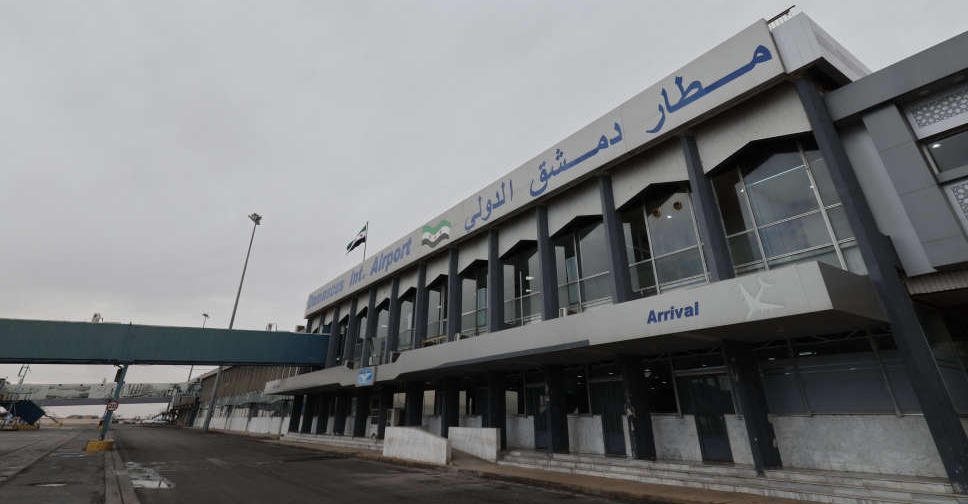 Syria to resume international flights on January 7
Syria to resume international flights on January 7
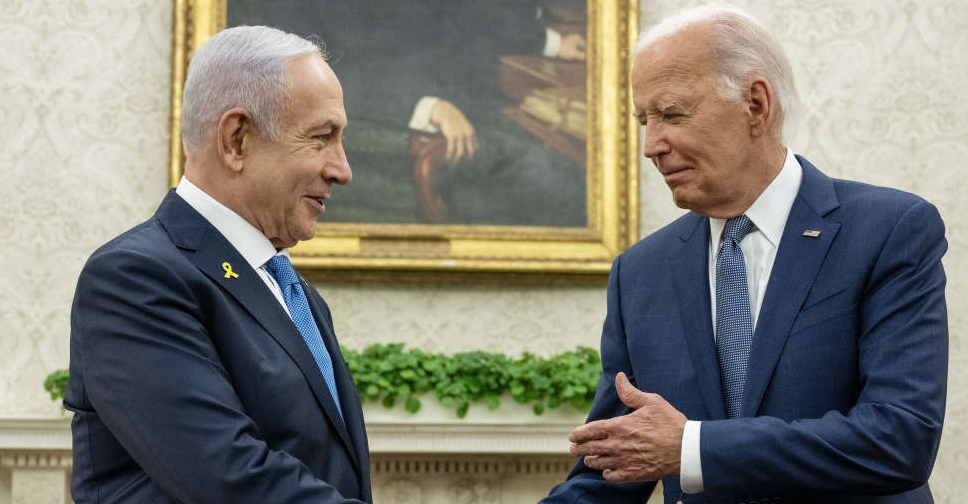 US plans $8 billion arms sale to Israel, US official says
US plans $8 billion arms sale to Israel, US official says
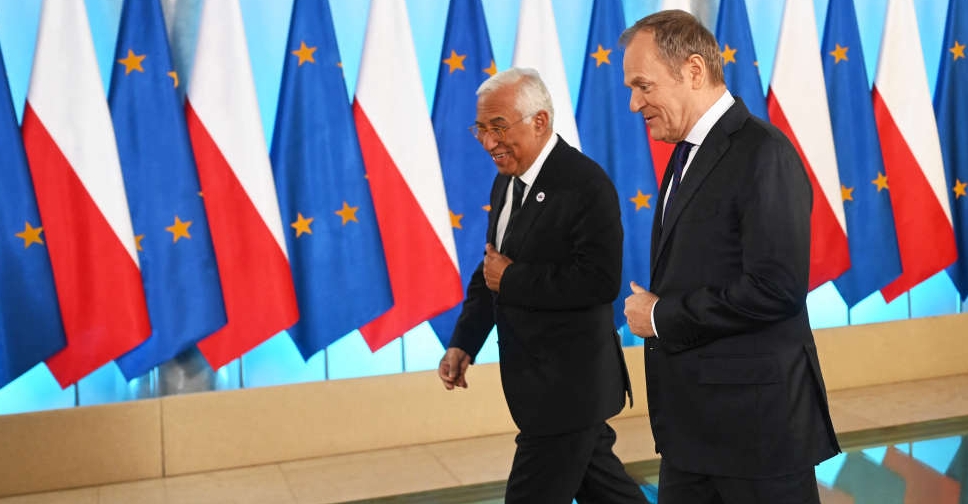 Poland takes over EU presidency with focus on security
Poland takes over EU presidency with focus on security
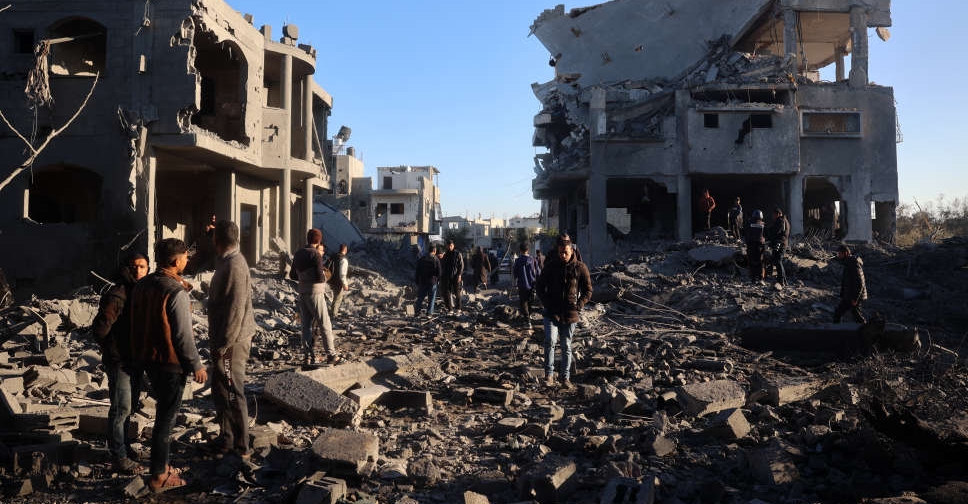 Israeli airstrikes push up Gaza death toll amid new truce push
Israeli airstrikes push up Gaza death toll amid new truce push
 IOM warns of winter's impact on displaced Palestinians in Gaza
IOM warns of winter's impact on displaced Palestinians in Gaza

